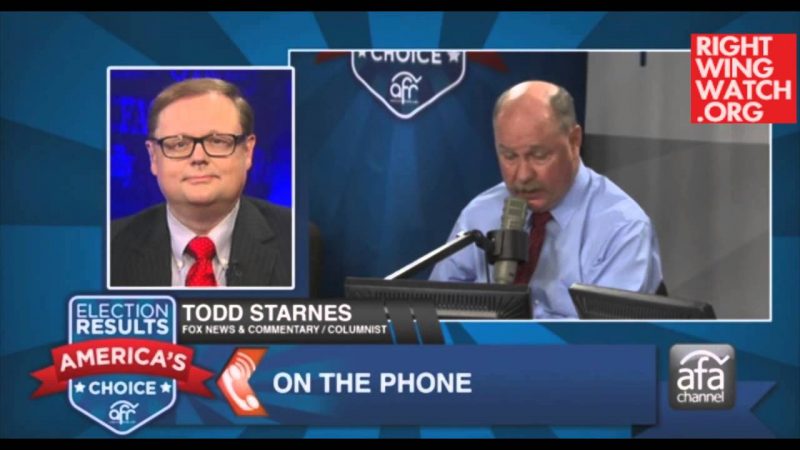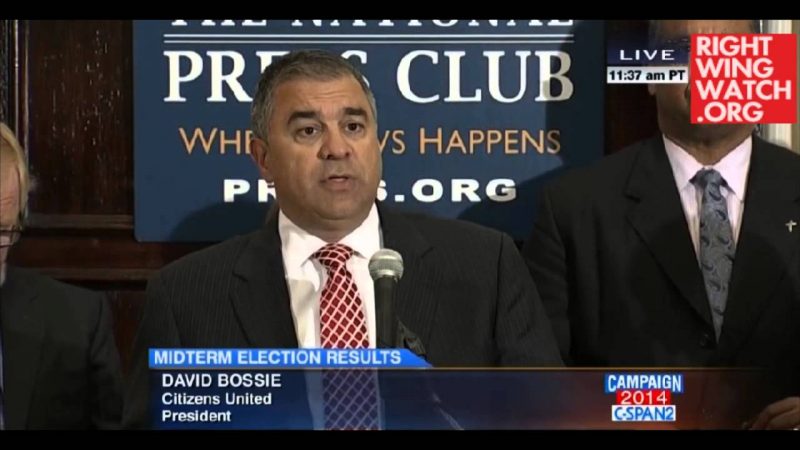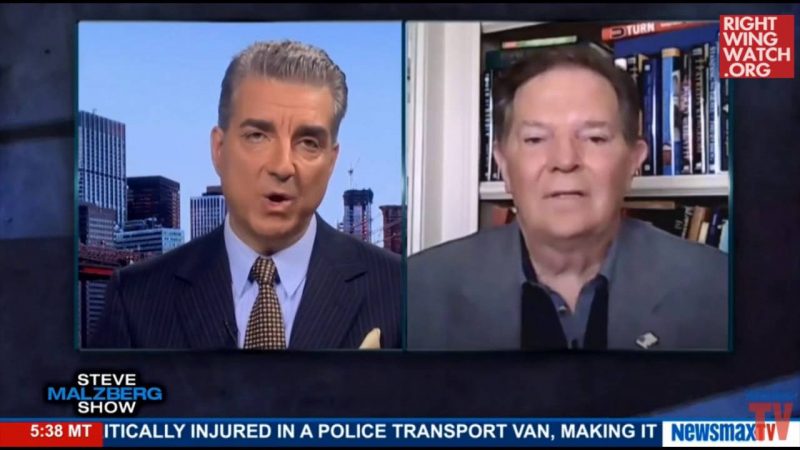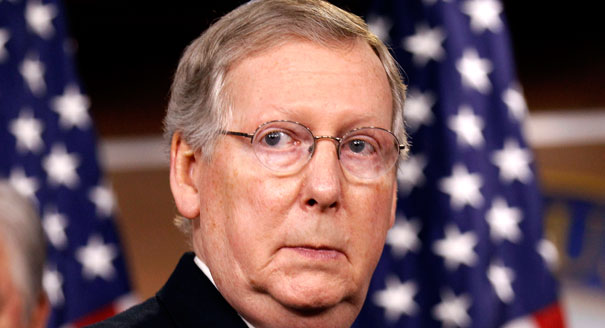According to Politico, the Right is warming to John McCain’s far-right stance on judicial appointments, and with the 5-4 decisions that closed out the Supreme Court’s term, we can see the outline of McCain’s and the Right’s campaign to get the base to turn out in November on the issue of judges.
Last month’s Supreme Court decision on habeas corpus was likened by the Right a “white flag of surrender” that would cause “more Americans to be killed”; Fred Thompson, a judicial advisor to John McCain, wrote that the “remedy” was for “concerned citizens to turn out on Election Day to elect a new president.”
The more recent decision overturning D.C.’s gun ban inspired Ted Nugent to write in Human Events that “the 5-4 ruling is another painful example” of “a divisive culture war raging on, and four supreme justices frighteningly disconnected from the heart and soul of America.” Michael Reagan warned that the majority “will vanish if the liberals manage to elect Barack Obama and give his party sufficient control of Congress to guarantee that future Court vacancies will be filled with activist liberal justices who will turn the Constitution upside down.”
The Family Research Council called the Second Amendment case “a reminder for voters of just how important the elections are this fall.”
The next President is likely to name 2-3 Supreme Court justices, who will be examining the constitutionality of a variety of laws for the next few decades. Life, marriage, and religious freedom are all issues that are likely to land in front of the Supreme Court. … For fiscal, social, and national defense conservatives, judges are one issue that brings all conservatives together.
According to the Weekly Standard, a case restricting capital punishment to murderers and not rapists of children demonstrated “that the fight to turn the Court from a capricious and imperious vanguard of liberalism into an impassive umpire is far from over.” The Standard’s Matthew Continetti advised McCain to “take this opportunity to explain how his judicial philosophy differs from Obama’s, and why it matters.” A National Review editorial similarly responded, “Too many of our justices are evolving away from democracy. Let’s not elect a president who will encourage them — and appoint more of them.”
Traditional Values Coalition’s Lou Sheldon wrote that the death penalty case and the habeas corpus decision “are perfect examples showing why it’s important that Americans choose the right person to assume the Presidency in January 2009.”
The person who becomes President and Commander-in-Chief of our Armed Forces will likely have to replace Justices Stevens, Ginsburg, and Souter – all liberals who use their power to impose their leftist ideology upon all Americans. …
If we fail to put a man into the Oval Office who understands judicial restraint and the rule of law, our legal system will be set back 30 years. This is especially true if a liberal President appoints young liberals to the Court and fills up the federal judiciary with more radical leftist judges.
Finally, there’s the 5-4 decision overturning the “Millionaire’s Amendment,” a part of the McCain-Feingold campaign finance law that lifted contribution limits for politicians facing self-funded opponents. Despite McCain’s role in originally passing the law, McCain supporter Hans von Spakovsky wrote that the narrow ruling “graphically illustrates just how important the next president’s appointments to the Supreme Court will be to preserving our First Amendment rights in the political arena.”
“[G]iven the number of Supreme Court appointments a Democratic president will be able to make, an Obama victory will move America more radically leftward than ever in its history,” Dennis Prager summarized.
All these cases will continue to be cited by the Right in pushing its unmotivated constituency to the polls, as “are reminders that elections are not just about putting candidates in office for a few years,” as Thomas Sowell put it to those “who are thinking of venting their frustrations by voting for some third-party candidate that they know has no chance of being elected. There will be a president chosen this November, and he will appoint Supreme Court justices during his term, regardless of whether you stay home or go to the polls.”







